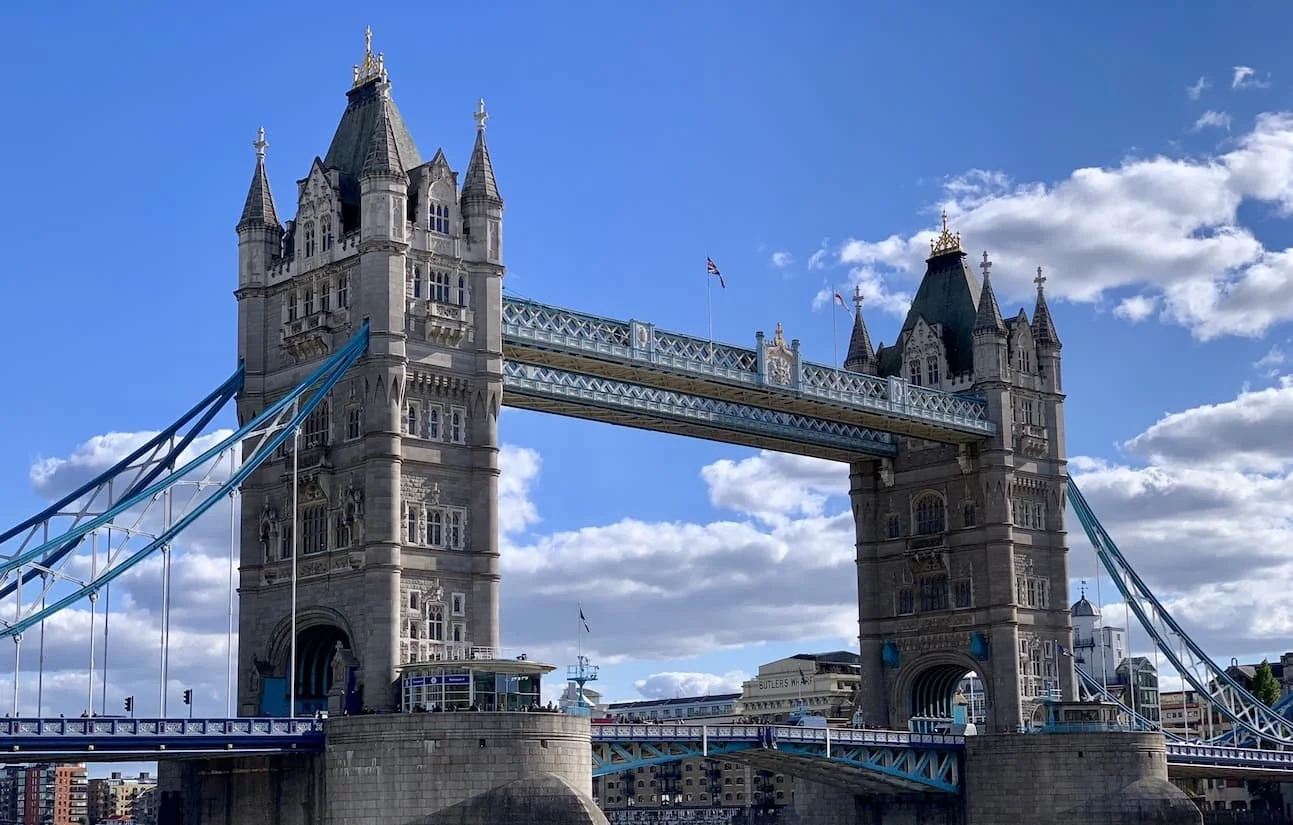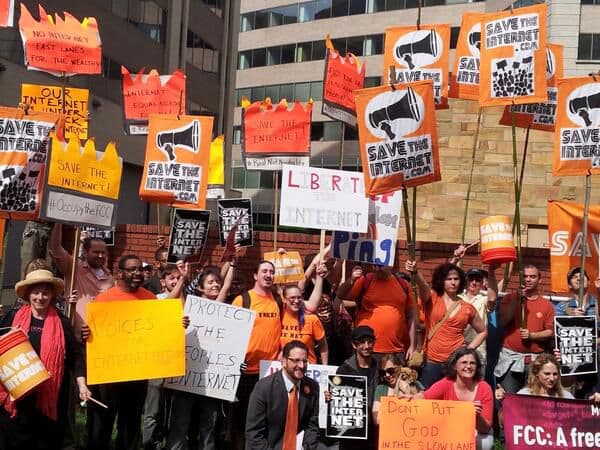Net Neutrality: Why This Next Vote Matters More Than Ever [updated]
/For anyone who values the preservation of an open and equal internet, those protections are soon at risk. Current FCC Chairman, Ajit Pai, is expected to announce a vote to decide the fate of net neutrality on November 22nd - the day before Thanksgiving.
For those questioning the merits of holding a key legislative vote immediately preceding a major holiday, the answer is rather simple. Holding controversial votes around holidays constitutes damage control via obscurity; while ordinary Americans (the key stakeholders in the outcome of the decision) are occupied by familial commitments, less attention is devoted to external matters. This is a common tactic to mitigate backlash. With the decision being so integral to how we use the internet on a daily basis, spreading awareness is crucial.
What is net neutrality, and why does it matter?
For those who may just be entering the conversation, net neutrality is the general principle that internet service providers (ISPs) must provide open access to all web content and applications on an equal basis. Regardless of source, ISPs cannot restrict access to certain parties while offering unfettered access to others. In short, access to web content is not subject to favoritism. If the reverse were true, providers could censor and throttle various content, create bottlenecks, and charge additional fees. Just like cable providers offer restricted channel packages, internet providers may gravitate towards a discriminatory web.
According to USA Today, these service providers (Comcast, AT&T, etc.) cannot currently provide "fast lanes" which allow faster access to certain types of content. Presently, the internet is an open entity in which every content provider is equal. If the November 22nd vote rules in favor of corporate interests, the end user will face greater challenges in accessing websites, video streaming, and other web-based content. Alarmingly, this will degrade the overall browsing and viewing experience.
We have always championed the existence of a consumer-friendly internet in the United States. As documented by Public Knowledge, February 26th, 2015 constituted a major victory in the fight for net neutrality. Due to overwhelming public support, the FCC (then headed by Tom Wheeler) upheld established Title II protections, safeguarding open internet under its existing leadership.
It is worth noting that Wheeler was a democratic Obama-era appointee; Pai is a republican, and represented one of two nay votes in the committee's earlier 3-2 decision. He is a former Verizon lawyer, and thus has ties to the ISP realm.
FCC Chairman Ajit Pai. Photo: NPR.
Why are ISPs hostile towards current net neutrality guidelines?
Dissolving longstanding Title II protections is all about mitigating competition. Currently, ISPs cannot restrict access to content which may compete with their own business interests. Should net neutrality dissolve, these providers have free reign to disrupt access to competing content.
These monopolistic practices galvanize revenue sources for companies like Verizon and AT&T, while harming outcomes for consumers. Ethical business practices follow a give-and-take model; consumerism and corporate interests strike a balance. In an ideal scenario, changes made by companies benefit both themselves and their respective customers.
Such a shift to dissolve neutrality is 100% consumer hostile, and only serves to deepen the disconnect between corporations and ordinary citizens.
Taking another point from USA Today, ISPs view neutrality regulations as "heavy handed," and such rules could "stifle innovation." Let's talk about innovation quickly and dispel this myth, citing one example from the mobile-tech industry:
Competition between technology giants like Apple, Google, and Samsung - among others - has driven continual innovation from one product cycle to the next. If one company makes enhancements to their hardware, software, or services, other market players must follow suit to remain competitive in that shared space. If one thing is true about content and technology, it's that stagnation is a death knell.
If ISPs are worried about their bottom lines, the unequivocal solution is to produce higher quality content. Customers are not drawn to corporations due to their bottom lines; customers desire fair treatment and high-quality web content. Actively innovating and improving will make customers flock to your product. The current issue is not a stifling environment; rather, companies do not want to put forth the effort necessary to differentiate themselves from other providers - but I digress.
Operating within an environment of complacency may seem less expensive, but will also cost you many magnitudes more dollars when customers are driven away. However, if ISPs get their way, these same customers may have no beneficial alternatives.
What happens next, and what can we do?
From the date of this article's publishing, there remains 29 days to change the legislative tide. The best thing anybody can do is inundate their representatives' offices and voicemails with calls and messages. In 2015, the largest influencing factor in the vote was public outcry; if that outpouring of support can replicated once more, there is a good chance corporate interests can be shelved for some time.
Should a vote be reached, it may become much more difficult to preserve the current state of the internet. For those who do not want to pay more to access Netflix, Hulu, or individual websites, I would advise you to contact your political incumbents and express your concern.
To locate the contact information of your state legislators, please refer to the links below:
There are also powerful movements for those looking to support net neutrality:
If you are a concerned citizen wishing to preserve your right to internet neutrality, do not hesitate to contact your officials and sign any petitions of interest. If you do not want ISPs telling you how to browse the web, collective action will help send a very strong message - one that cannot be ignored.
UPDATE: FCC Chairman, Ajit Pai, has announced a vote to repeal current Net Neutrality protections on December 14th, 2017. His "Restoring Internet Freedom" proposal would reverse Title II regulations, which classify providers as common carriers.


